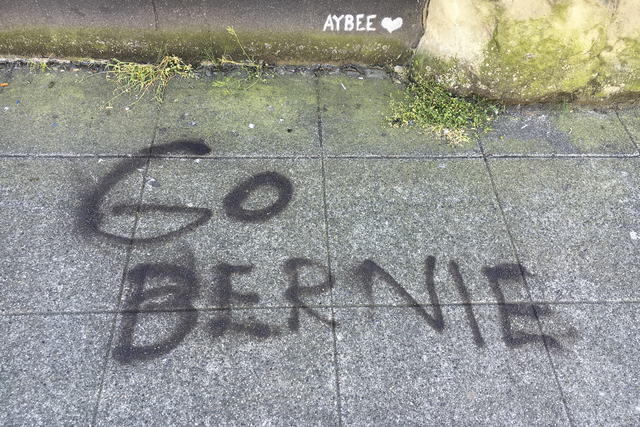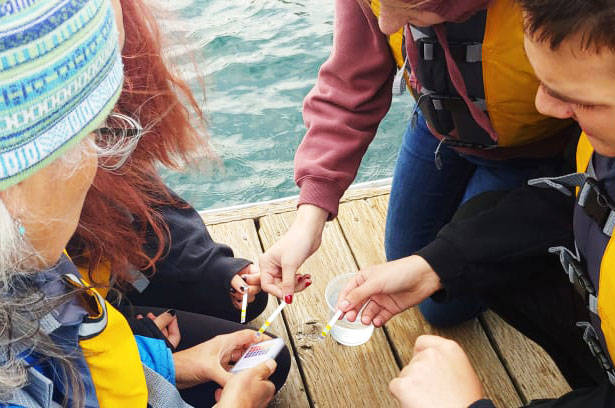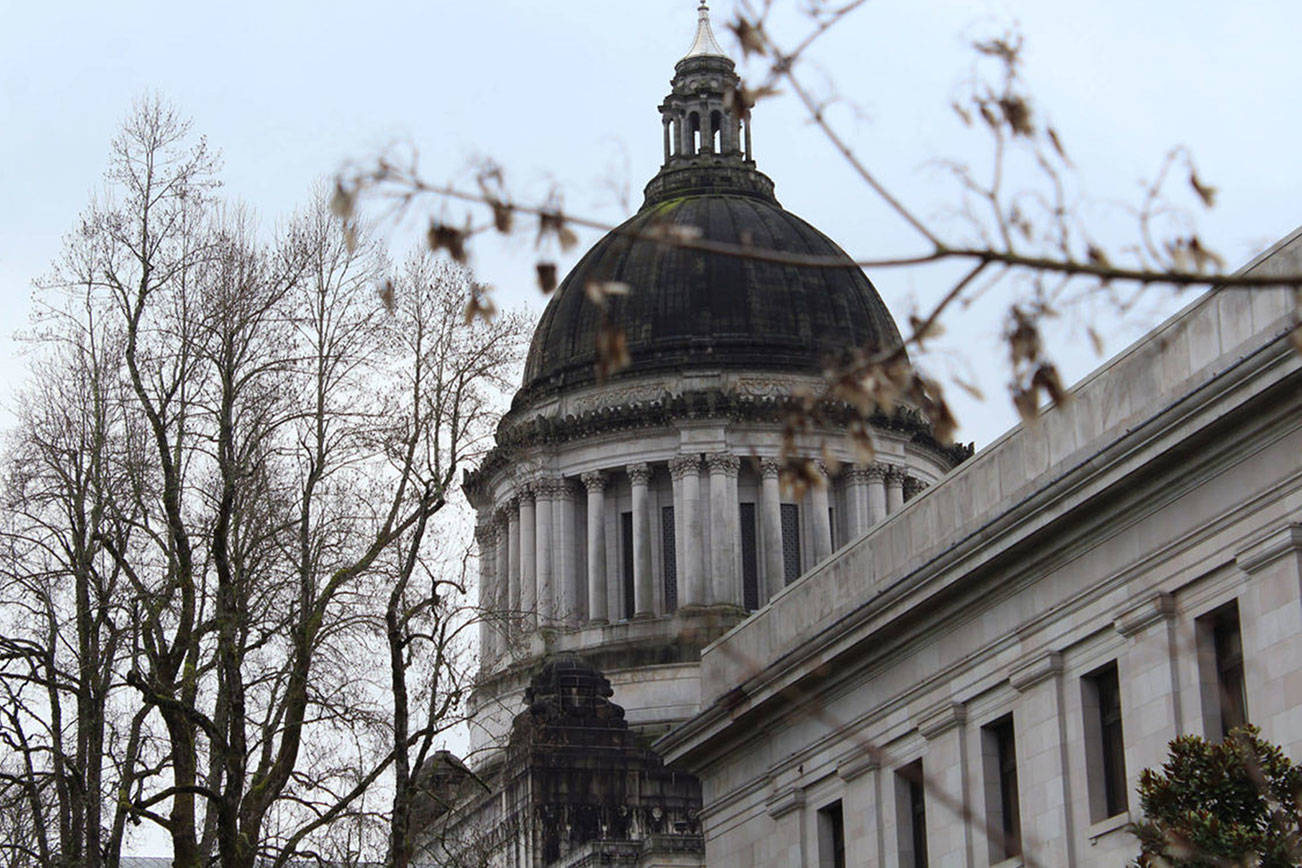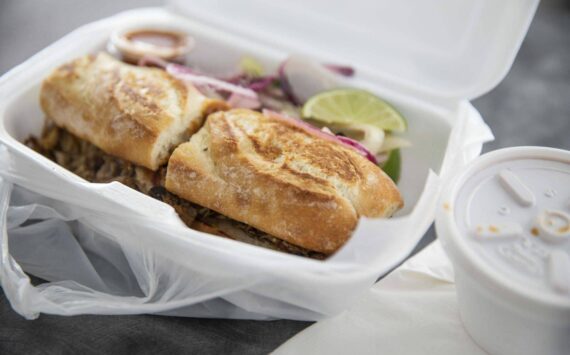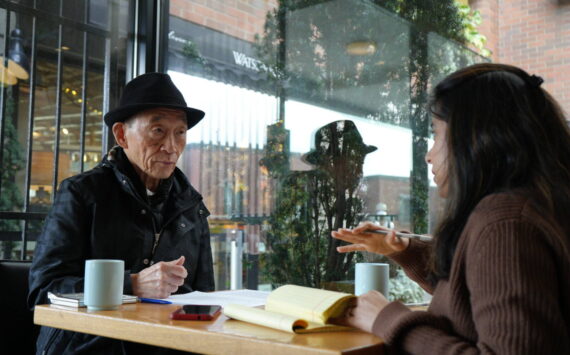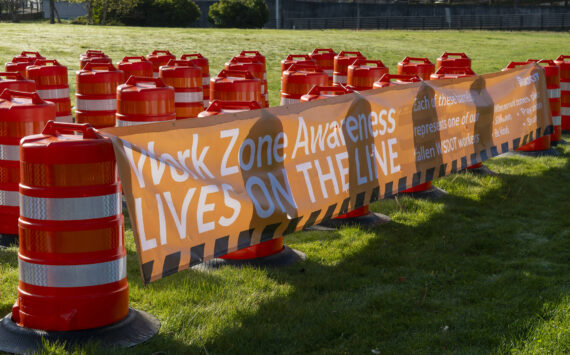Washington’s Democrats and Republicans both have tediously complicated ways to voice their choices for president.
Primaries, local caucuses, state conventions. All mixed together. Complex rules. Marathon meetings.
But the state’s Democrats and Republicans have one big difference in their delegate-picking processes—which will likely increase the intrigue on the state GOP side and keep infighting to a minimum for Democrats. The difference is that the Democrats have already had their popular vote for the candidates, in the form of precinct caucuses, which will result in a large contingent of pro-Bernie Sanders delegates being sent to the Democratic National Convention.
The Republicans, on the other hand, will select their delegates May 18–21 at its state convention in Pasco without any idea whom the state Republican primary voters will support on May 24. That means Ted Cruz or Donald Trump or even longshot John Kasich could pack the state’s national delegation with their people regardless of the will of the voters. Those delegates will be committed to follow the primary votes’ proportions in the first round of the national convention, but will be allowed to switch to their real preferences on the second ballot in the event that no candidate receives more than half the delegates in the first vote.
Cruz is in line to benefit from this system. His campaign began setting up in Washington about a year ago. Cruz’s wife Heidi visited Washington twice in 2015. The Cruz campaign wants to win the May 24 primary for the first-round delegates, says the campaign’s state chairman, Saul Gamoran of Mercer Island, but it has also been doing extensive homework on the state delegates.
Cruz’s strategy is to keep Trump from winning on the first-round national ballot in Cleveland. After that, pro-Cruz delegates lined up at the state conventions who are bound to Trump or Kasich in the first round will be able to switch.
Meanwhile, the Trump campaign did not have a state chairman until
little more than nine weeks prior to the GOP state convention: Don Benton, R-Vancouver, who’s shown a Trumpian knack for diplomacy over his career.
In 2000, he served several months as chairman of the state Republican party. But the party’s other leaders quickly ousted him after he left $1.2 million in donations unspent during the 2000 campaigns, which included Democrat Maria Cantwell’s narrow unseating of Republican incumbent U.S. Sen. Slade Gorton. Party leaders also criticized him for putting $365,000 in escrow to move the party headquarters from Tukwila to an Olympia building, without telling party leaders.
Fast forward to 2012, Benton reportedly said “Fuck you, fuck you” to the face of then-Sen. Cheryl Pflug, a moderate Republican from Maple Valley, after she voted in favor of same-sex marriage, according to news accounts.
Then in 2013 he got into a heavily reported tiff with Sen. Ann Rivers, a fellow staunch conservative Republican who, with Benton, represents much of Clark County. Part of that feud came from Benton following Rivers around on the Senate chambers floor one day, saying “You are weird… . Weird, weird, weird … Just so weird.” The normally good-natured Rivers responded by calling him a “piece of shit.”
Efforts to reach Benton via e-mail and phone last week were unsuccessful. The Washington Trump campaign office referred questions to Trump’s national spokeswoman Hope Hicks, whose phone voicemail message asks the press to submit questions via e-mail. She did not reply to the Weekly’s e-mailed questions.
The Democratic side is just as complex, and there have been accusations by Sanders supporters that the Democratic Party is trying to use the process to dress up Clinton loyalists as Sanders supporters, who would switch their votes to Clinton in the event of a second ballot at the National Convention. But because the Democratic primary is a two-way affair between Clinton and Sanders, some really weird stuff would have to occur to keep one or the other from getting a majority of the delegates in the first round, thus prompting a second ballot.
Prior to Tuesday’s northeastern primaries, Clinton had 1,930 delegates, Sanders 1,189. A majority of 2,383 is needed to win the first round. And 1,646 delegates are still up for grabs. So unless Clinton chokes at the level of the 1969 Cubs, she will probably be the Democratic nominee prior to the convention. All this makes the possibility of second-round delegate switching practically moot.
Overall, Washington’s Democrats will send 101 delegates pledged to either Sanders or Clinton, with another 18 unbound party leaders and elected officials, the so-called superdelegates. Many of those 18 have voiced support for Clinton.
But the exact numbers of Sanders and Clinton delegates won’t be known until June 19. Sixty-seven delegates from 10 congressional districts will be picked on May 21. Another 40 elected-leader, party-leader plus at-large delegates will be picked and pledged to candidates in Tacoma on June 17–19.
The Democratic Party’s process is also tedious and confusing to implement. For example, at the 36th Legislative District’s April 17 caucus at Ballard High School, about 1,400 people showed up, including 694 official Sanders precinct delegates and 377 official Clinton precinct delegates. They had to identify their candidates prior to getting voting credentials to the district meeting. The Sanders delegates voted in the gym, Clinton delegates in the lunchroom.
Roughly 170 people wanted to be Sanders delegates for the congressional district meeting. And roughly 170 people wanted to be Clinton delegates to the next level. That meant each candidate got 20 seconds to give a speech to the gym or lunchroom voters.
Many candidates tried to say something memorable and emphasized their numbers over their names on the candidate sheets.
Michael Ludlow stood out and got elected by mentioning he is a retired U.S. Navy captain supporting Sanders. Another Sanders candidate recited a haiku: I’m feeling the Bern/ I know you are too/and that’s my haiku.
The 36th legislative district meeting went efficiently, yet still took four and a half hours. The Seattle Times and The News Tribune of Tacoma reported legislative district caucuses that took more than twice that long.
Will all that complexity and length cause the GOP and Democratic parties to rethink their approaches? That won’t be known until 2018 or 2019 at the earliest.
